Who can be trusted to handle your clients most important asset?
WHAT CHANGES DID THE NEW DEBT SETTLEMENT LEGISLATION BRING?
The ministry released this amendment amidst a whirlwind of complaints about debt settlement practices, most of the perpetrators were unlicensed, and due to the ambiguous nature of the verbiage the ministry was toothless. Bill 55 ensures that anyone arranging repayment of a debt unless working under a lawyer, registered as a credit counsellor or acting as a bankruptcy trustee must possess a license under the Ministry of Consumer Services for debt settlement. The penalty for a business acting in such a capacity are severe, up to $250,000 in fines and the loss of any licenses associated with their practice. Needless to say, ensuring the company you work with complies with this legislation is imperative. For mortgage professionals providing debt settlement services to their clients personally, whether charging a fee or not the consequences are particularly harsh as one of the stipulations in the Collection Agencies and Debt Settlement Companies Act is that:
"(15) No person who is registered as a collector or as a collection agency shall engage directly or indirectly in the business of lending money whether as principal or as agent. R.R.O. 1990, Reg. 74, s. 13 (15)."
THREE THINGS TO LOOK FOR IN YOUR DEBT SETTLEMENT PARTNER
If you can answer yes to any of the following questions, you should contact us immediately to discuss the possible implications of their actions:
Are they unlicensed in the province the client resides in?
Do they charge up front fees?
Do they charge a percentage of the total debt?

